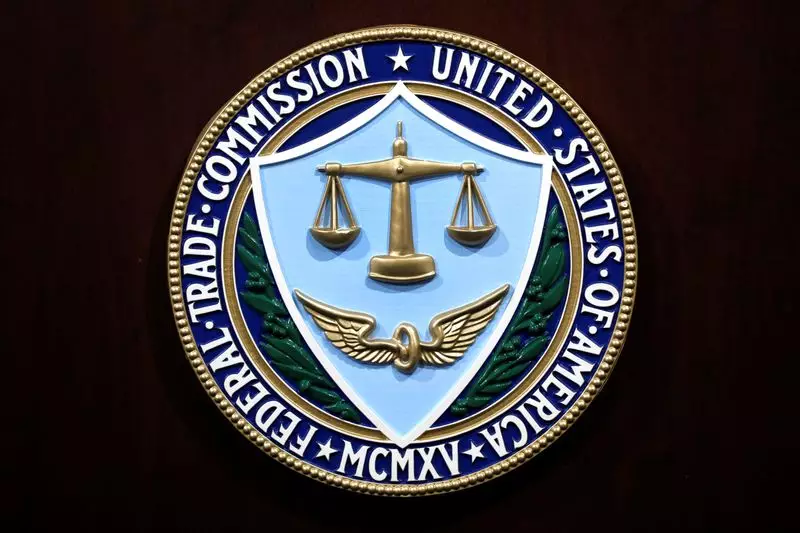In a notable transition within the U.S. Federal Trade Commission (FTC), Chair Andrew Ferguson has recently acquired expanded powers to eliminate diversity, equity, and inclusion (DEI) initiatives from the agency’s framework. This shift comes on the heels of a politically charged atmosphere where Republican and Democratic commissioners find themselves at loggerheads over essential regulatory strategies. Ferguson’s actions, underpinned by President Donald Trump’s executive order, illustrate a broader ideological clash regarding the role and direction of regulatory bodies in America.
The Democrats, despite maintaining a majority at the commission, displayed an unexpected retreat by not resisting Ferguson’s proposal to strip DEI language from agency documentation. This decision generated substantial ramifications, reigniting conversations about agency independence and the balance of political power within the FTC. By framing DEI efforts as politically motivated, Ferguson and allied conservatives aim to reshape the agency’s focus away from what they perceive as “left-leaning” initiatives toward more traditional regulatory practices that emphasize market efficiency and cost reduction.
A Critique of Leadership and Ideology
The lone dissenting voice from Democratic Commissioner Alvaro Bedoya underscores the fierce divisions permeating the FTC. Bedoya criticized not only Ferguson’s expedited decision-making process but also the prioritization of DEI issues over pressing economic concerns such as the surging cost of living. This critique raises questions about the overarching agenda of the commission and the impact of political ideologies on the agency’s operational effectiveness. It flags a troubling tendency where urgent consumer protection issues may be overshadowed by partisan struggles, potentially undermining the commission’s intended role as an unbiased regulatory body.
Amidst the turmoil, Ferguson highlighted a critical constitutional tension regarding the authority and independence of commission members. While FTC commissioners have traditionally enjoyed a sense of job security under specific legal statutes, the assertion that the president can direct their compliance raises eyebrows. It poses significant implications for the separation of powers within American governance. Ferguson’s statement indicated a firm stance against any resistance grounded in ideological disagreement, framing such dissent as fundamentally against the very principles of lawful order.
As Ferguson pushes forward, the response from the remaining Democratic commissioners, particularly Lina Khan and Rebecca Slaughter, further complicates the narrative. Their decision to abstain from the vote signals a tactical withdrawal or perhaps an acknowledgment of the shifting tides within the agency. Slaughter’s insistence that the Commissioners’ oath compels them to uphold the Constitution rather than serve specific agendas conveys the ongoing struggle for the FTC to navigate its mission amid heightened political factions.
The recent moves within the FTC not only signify a transformation in policy focus but also illuminate the broader arguments about governance, agency independence, and the politicization of essential regulatory components. As the debates over DEI policies continue, they will undoubtedly shape not just the FTC’s future approach but also the enduring relationship between regulatory agencies and the political executive branch. The unfolding dynamics within such bodies remind the public that the intersection of policy and politics is ever more complex, requiring vigilant scrutiny and engagement from all stakeholders.

